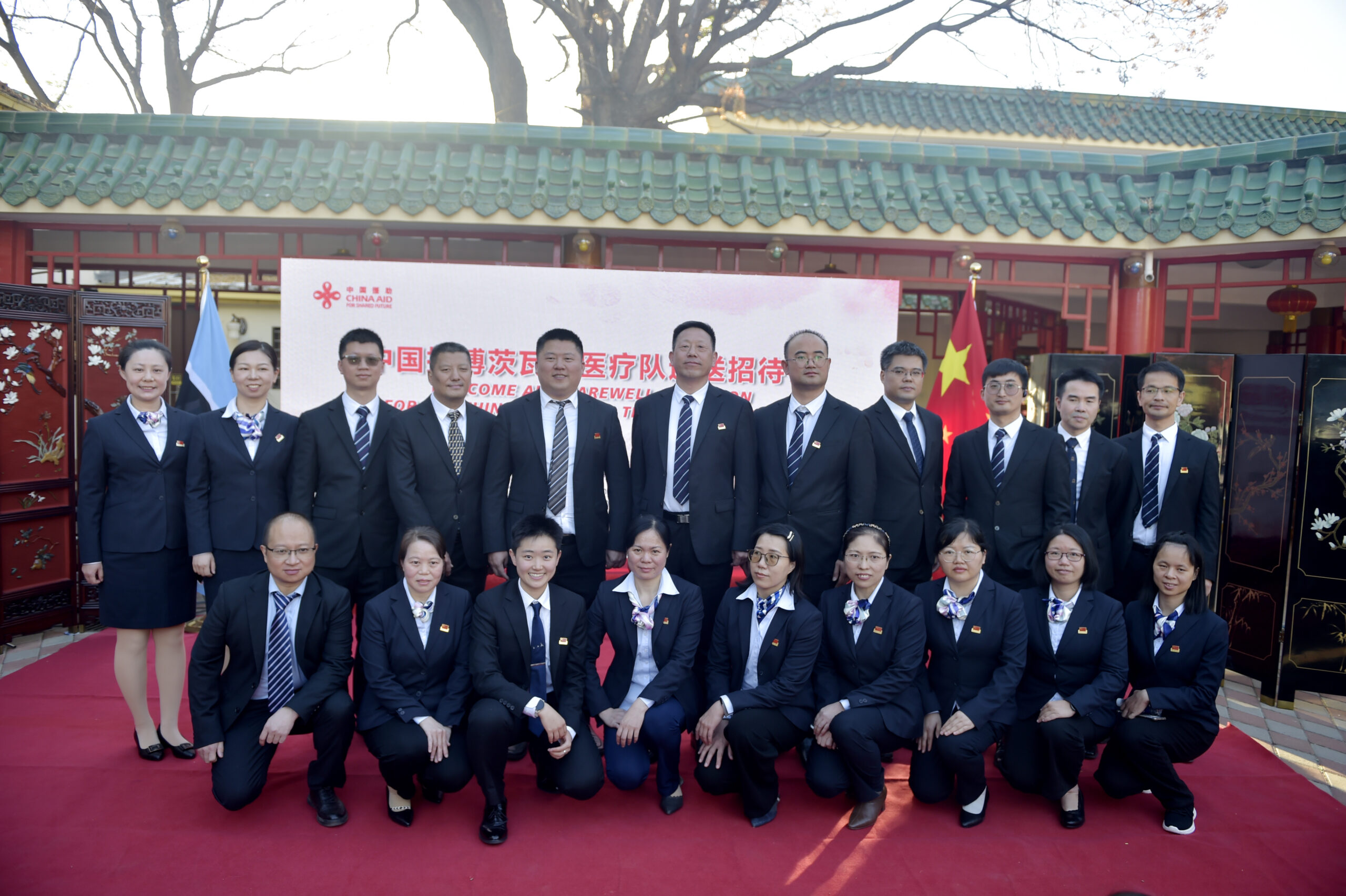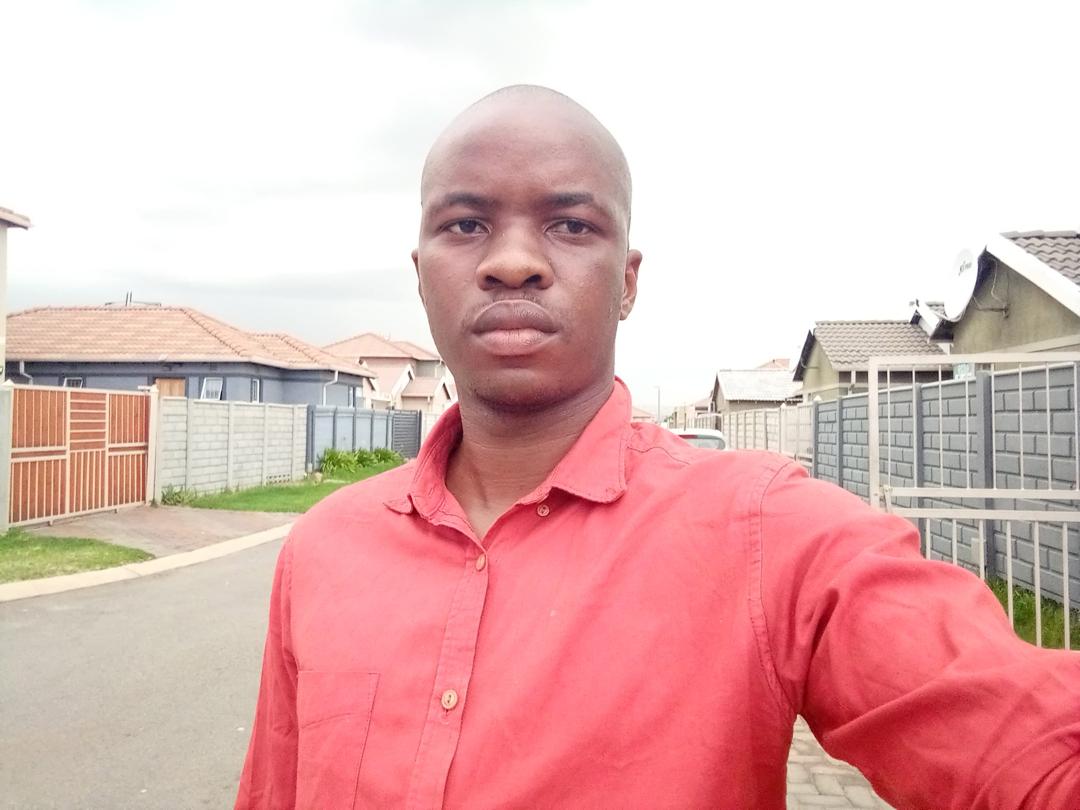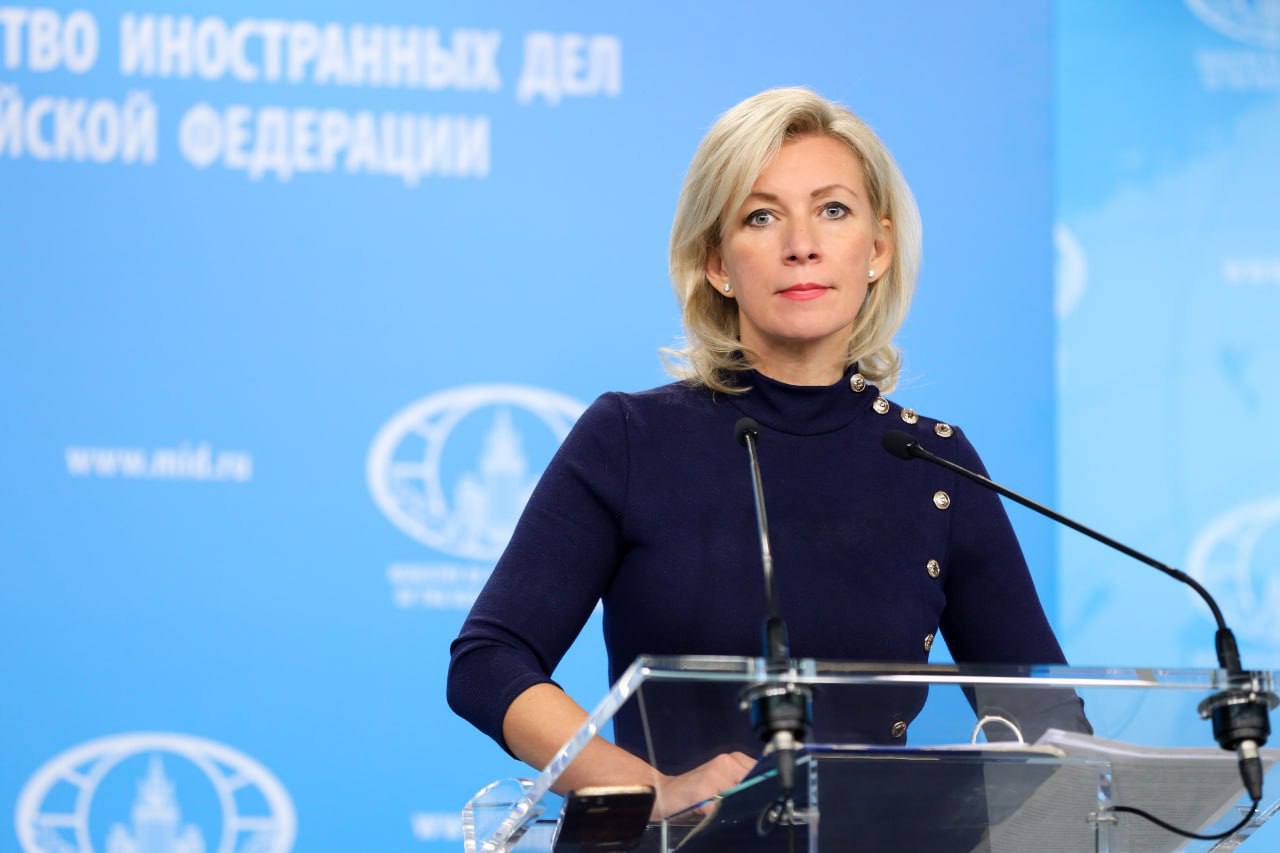By Emmanuel Koro
Johannesburg, 6 September 2024
The discovery of the world’s second-largest diamond—nearly 2,500 carats in weight—in Botswana is a historic moment for the Southern African country.

Demonstrating Botswana’s use of modern technology to maximise its resources, the giant diamond was found with the aid of a machine capable of “seeing” below the earth’s surface, much as Magnetic Resonance Imaging (MRI) provides doctors with clear radiological images to show the human body’s condition far below the skin.
To put this discovery into perspective, the world’s largest diamond, the Cullinan Diamond, at 3,106 carats, was mined in South Africa some 120 years ago. Part of the Cullinan diamond occupies a prominent place in the very front of the British Crown that was used at King Charles’ coronation.
What should Botswana do with this enormous diamond the size of a man’s fist which has captured the imagination of so many people worldwide?
Speculation in the world’s press puts the value of this huge and precious rock in the US$100 to US$150 million range!
Botswana, under its contract with DeBeers Mining Company, gets 80% of the value of the diamonds mined in the country. Even if the stone were to end up realising just half of this range, what should be done with such an enormous amount of money?
Godfrey Harris, the Managing Director of the Los Angeles-based Ivory Education Institute, believes that spending the proceeds on current Botswana’s needs in the areas of health care, education and affordable housing makes good sense. It would solve several of the country’s pressing needs without touching its tax base.
But, Harris says, it would also be short-sighted and in the end a short-lived use of the historic funds the diamond is likely to yield.
From Harris’ viewpoint, Botswana ought to invest a significant portion of the proceeds from the diamond to market and sustain its world-renowned wildlife resources on which the country’s current and future socio-economic survival is based.
If done properly and with sustainability foremost in mind, the ongoing trade value of Botswana’s wildlife — from tourism development to the exportation of products of its abundant wildlife populations — can continue to contribute to increased economic growth into the future.
“According to the Gem Institute of America, Botswana is the world leader in per capita value of diamonds sold,” said Harris. But he added: “Unfortunately it can’t unlock similar value from the stored ivory which its world’s largest elephant herd produces. Despite the fact that most of that ivory comes from elephants dying of old age and illness, the animal rights NGOs refuse to allow its use for the benefit of deprived rural populations.”
A year ago, Harris proposed that the Botswana Government take the lead in the creation of a new international organisation called the League for Sustainable Conservation (LSC).
“The purpose of the LSC,” said Harris at the time, “is to unlock the Southern African countries’ wildlife wealth without losing any of the benefits derived from the Convention on International Trade in Endangered Species of Wild Fauna and Flora Species (CITES).”
Sadly, the CITES bureaucrats have long been captured by Western animal rights extremist organisations which view conservation in Africa as simple preservation of a species, rather than management of that species within the habitat available to it.
They ignore the fact that the carrying capacity of wildlife habitat in Southern African countries can no longer provide the excessive wildlife populations, including Botswana’s large elephant herd, with enough food and water for survival. These animals risk dying slow and painful deaths as is currently happening in most Southern African countries.
The LSC proposal was made in March 2022, via the Botswana Ministry of Environment and Tourism. It got all the pro forma “thank you for your contribution” and “we will study it” reaction but Harris knew it would die a bureaucratic death of multiple reviews by multiple agencies without executive support.
It got it, but it was never strong enough to overcome the bureaucrats’ natural penchant for delay rather than action. The Harris proposal said that apart from Botswana, other SADC countries “would also benefit from the LSC as members of the organisation.”
He said that each of the LSC’s four principal initiatives can be managed by one or more of the LSC’s member states:
1. Establishment of a Wildlife Exchange Market to create an orderly, auction-based means of buying and selling accepted lots of ivory tusks, rhino horns and/or other natural products of Africa.
2. Creation of an International Art Products Fair, to offer an annual trading market for the exchange of important and authentic historic as well as modern pieces of art that encompass the natural products of Africa.
3. Foundation of an international Conservation Prize to be awarded annually to one or more individuals or groups for their contribution to the protection, and conservation of the diverse wild plant and animal species.
4. Promotion of a Therapeutic Tourism Experiencethat provides visitors to Africa with the restorative and recreational benefits of rhino horn utilisation in combination with a world-class holiday featuring a full range of tourism activities.
Botswana was always viewed by Harris “as the likely home for organising and presenting the annual Conservation Prize.”
He said in a recent interview that he hoped President Masisi would seriously consider his idea of having Botswana host the Conservation Prize.
Harris said that he could show the President and his staff how such a prize, if presented properly to the world from the outset, could open the world’s eyes to Botswana’s tourism offerings, much as Prince Harry discovered them on his trips to the country.
Harris noted that the Botswana Government has a strong interest in the sustainable conservation of natural resources. By sponsoring the Conservation Prize and building it to be on a par with the Nobel Prizes — using its strong diplomatic corps to seek and advance the work of prize nominees and winners worldwide — it automatically sets the world’s standard for sustainable conservation.
Harris said he could see an annual week of festivities in Botswana to honour the individual to be awarded the Conservation Prize.
Botswana “could also use events surrounding the award ceremony to promote tourism”.
Think for a moment about the Nobel Prizes.
The announcements in the first week of October for Prizes in Medicine, Chemistry, Physics, Literature, Peace and Economics leading to a spectacularly elegant award ceremony in December, puts the world’s spotlight on Sweden and Oslo long enough for observers to consider annually what those two countries mean to the world.
“Think of that same rare spotlight being turned on Gaborone (Botswana’s capital city) as the recipients for each year’s Conservation Prize are announced,” said Harris.
“Later, consider the contrast of a formal, African award ceremony to those in the North.
“My view is that it would bring the world’s press to hear, see and livestream the Awardee’s Lecture Presentation on the State of Conservation in the world.
“All of this is possible.
“But it has to be done right and the first Conservation Prize presentation has to set the tone for everything that follows.
“That can only happen if the President of Botswana sees the value of the idea and acts on that vision.
“Using part of the Galaxy of Botswana, as Harris has come to refer to the huge diamond found there, as the basis for making the Conservation Prize a competitor in the world of awards, is just one aspect of what can be done.”
About the writer: Emmanuel Koro is a Johannesburg-based international award-winning environmental journalist who writes independently on environmental and developmental issues in Africa.









